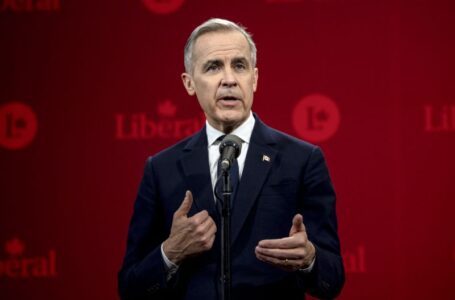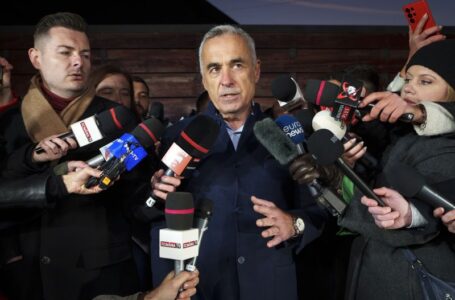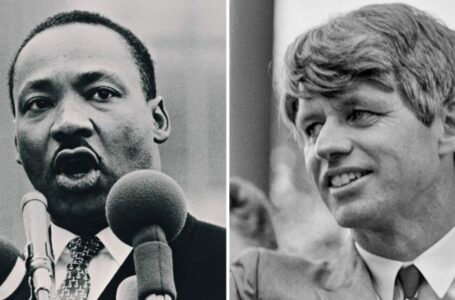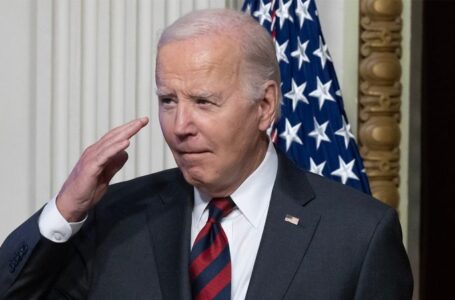With Biden out, voters are suddenly taking the election seriously
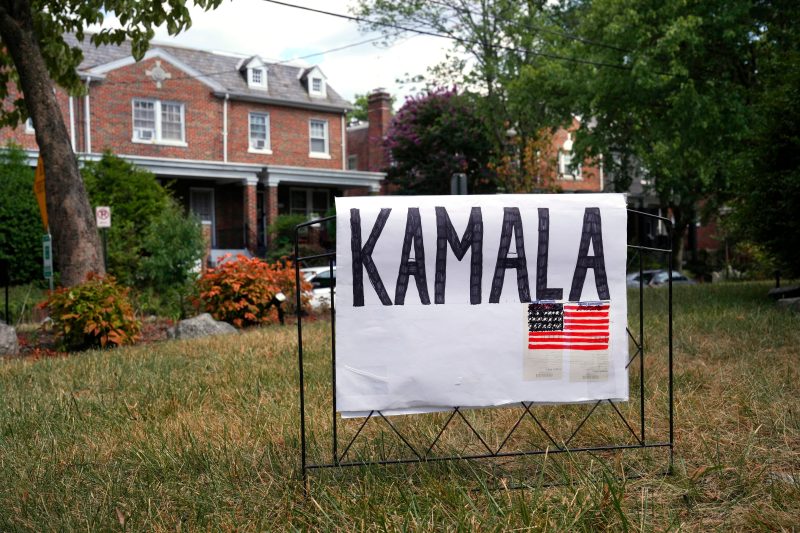

There was a reason that Republicans entered last month’s convention with a sense of confidence. Polling showed Donald Trump with consistent-if-narrow leads nationally and in swing states. The Democrats were demoralized, unhappy about their presumptive nominee and fretting about the prospect of Trump returning to office. Both candidates were generally unpopular, with a significant number of voters turning to Robert F. Kennedy Jr. as a possible alternative.
Then, immediately after the convention, President Joe Biden withdrew his candidacy. Vice President Kamala Harris earned his endorsement and locked up the support of their party. And just like that, the entire shape of the campaign shifted.
That’s reflected in polling released on Wednesday from Pew Research Center. Harris leads Trump by 1 point, a 5-point shift in the Democrats’ favor since Pew’s July poll. That’s driven in part by a huge surge in enthusiasm among Democrats for their new candidate.
In July, Pew found that only 43 percent of Biden supporters said that they strongly supported the incumbent president. Now, more than 6 in 10 Harris supporters say their support is “strong.” Across demographic groups, that enthusiasm has jumped by double-digit margins.
White Harris supporters are 21 points more likely to describe their support as “strong” than White Biden supporters were last month. Harris supporters under 30 are 26 points more likely to describe their support as “strong.”
There’s also been a surge in motivation. In July, 63 percent of Biden supporters said they were “extremely motivated” to cast a ballot. This month, 70 percent of Harris voters say the same thing, with a 13-point increase among Black supporters of the Democratic candidate and a 19-point increase among those under 30.
At the same time, though, motivation among Trump voters has also increased. Last month, an equivalent 63 percent of supporters of the Republican nominee said they were “extremely motivated.” Now, 72 percent do. Among Hispanic Trump supporters, the percentage who described themselves as “extremely motivated” jumped 15 points.
There is one noteworthy gap: 61 percent of Harris supporters under the age of 30 say they’re extremely motivated to cast a ballot, compared to 42 percent of Trump supporters in that same age range. Should the gap persist, it’s potentially quite significant. Polling continues to suggest that results in swing states will be close, meaning that voter motivation could play a big role in the outcome, driving more or less turnout. If younger Trump voters — of whom there are fewer — are less motivated to vote, that’s an advantage for Harris.
The increase in motivation seems to suggest that voters are suddenly viewing the race as real or contested in a way they didn’t last month. If you think Trump is going to win in a walk or if you are exasperated about Biden, you might not be too worried about voting. But if you suddenly think your party can win — or might lose — that changes.
It also clearly undercuts Kennedy. Last month, Pew found him getting 15 percent of the vote. Now, he’s in the single digits.
When they asked people who’d preferred Biden, Trump and Kennedy last month who they back now, nearly two-thirds of Kennedy voters had shifted to one of the major-party candidates. By a 2 to 1 margin, they preferred Harris.
This also reflects a shift we noted on Wednesday, that fewer Americans view both candidates negatively. Kennedy was appealing in part because a lot of people who might be expected to back Biden were unenthusiastic about doing so. Now, they’re enthusiastic about Harris.
Here’s where we offer the perennial caveat: All of this can change. We will note, too, that it is not uncommon for the nature of a race to shift as Election Day draws closer and people are paying more attention. But this year it is obvious that the midsummer shift in the race is more dramatic than it usually is.
The result is a more engaged and motivated electorate — and one that is for now less likely to return Trump to the White House.


